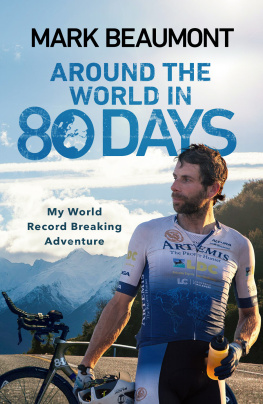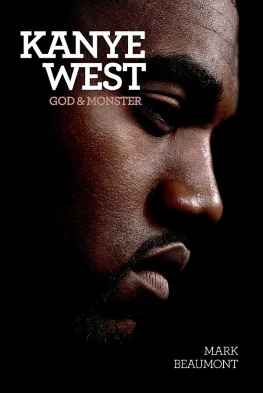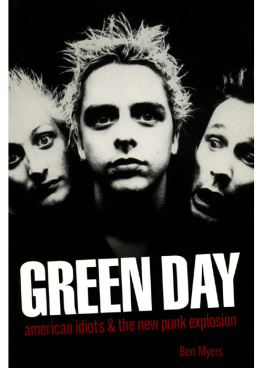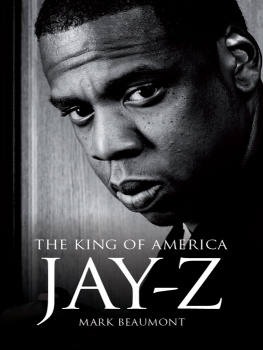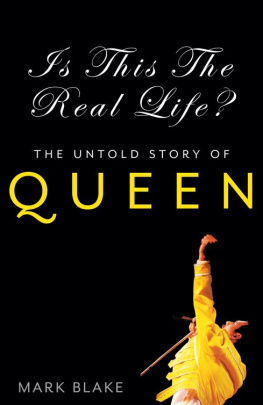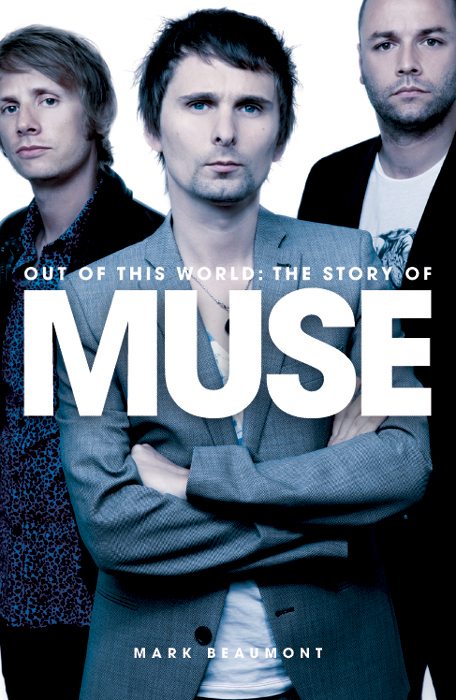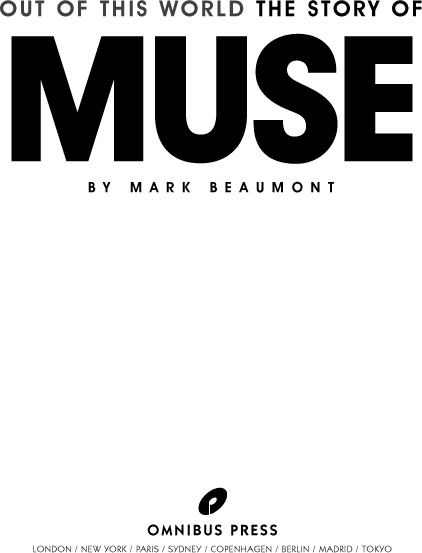Introduction
O N first encounter, Muse were the most forgettable band Id ever met.
Huddled awkwardly around a table in a dank under-arches caf a few yards from the west London offices of their PR company sometime in the brittle January of 1999, it was only their second interview with a professional music journalist (their first was with my NME colleague James Oldham, for their earliest publicity biog) and the first that would be printed nationally (in NMEs new bands section, then titled On), and their lack of media training trembled their teacups, stuttered their tongues. Three fidgety, flush-cheeked posh kids from the West Country, they seemed utterly incompatible with the music they were supposedly making: most notably the lead track from their second EP, Muscle Museum, which had dive-bombed the NME stereo a few weeks earlier and enthralled us all with its March Of The Diplodocus bassline, its Moroccan snake-charming guitar, and a chorus so grandiose in its falsetto massiveness that it seemed to explode from the speakers like a volcano beneath a Notre Dame full of burning Queen albums.
This, surely, was music made by giants; 80-ft cast-iron rock giants in fact, with the larynxes of screeching harpies, guitars of steaming brimstone and testicles of pure granite. And yet, mumbling nervously into their Diet Cokes were these three fidgety, flush-cheeked posh kids from the West Country. A tiny, sharp-featured and restlessly angular 20-year-old called Matt Bellamy was clearly the spokesperson, jabbering and stuttering his way through the allotted half hour at breakneck pace, as though nerves and media inexperience were prompting a severe attack of verbal gastroenteritis. Bassist Chris Wolstenholme (Wolstenholme? I mean, how public school was this band?) seemed friendly and charming enough, sitting ponderously aside adding details and trivia where necessary, while boyishly shy but smiley drummer Dominic Howard, judging from his Could it really be that this molten eruption of operatic rock, this Radiohead-to-the-power-of-Wagner, this first burst of The New Music, could have emanated from these well students?
The interview itself was painfully anodyne. Theyd met at school, won a Battle Of The Bands, carried on playing pubs around Teignmouth for a couple of years until they landed a deal with a minor indie label, blah-blah-blah. Were they shameless Radiohead copyists? The influence was there, but they were a completely different band. How did they feel about being signed by Madonnas label, Maverick? Theyve also got the Deftones and Matt liked the Deftones. How did they respond to rumours of Matts tearaway teenagedom back in Teignmouth? Well, um, hed been a bit of a bad boy but they didnt want to go into that.
We supped our soft drinks, we counted the minutes, we plodded unstimulated through the On piece motions. And, all questions duly (and dully) covered, all basic points of history divulged and any hint of an interesting, controversial or inflammatory quote masterfully avoided, I thumbed off the tape and informed Muse that they had just delivered me quite possibly the most boring interview Id ever conducted.
My words, one suspects, may have been taken to heart.
Because, my oh my, how all that was about to change.
* * *
We downed vodka with roomfuls of groupies in Moscow. We got so drunk in Austria that we didnt realise wed left Matt in Graz until we got to Vienna. We ploughed the gin palaces of Pigalle and fought back crowds of grabbing arms at the stage door of the Barcy. We started a photoshoot, unannounced and unscheduled, in Red Square, only to be chased back to a speeding people-carrier within 10 minutes by hordes of clamouring Russian girl-fans whod unexpectedly spotted us there. We talked of naked, mushroom-fuelled hot-tub sessions in Richmond recording studios. We did the sights of London together, from a virtual meteor ride in the Science Museum to a playback of Absolution in the Planetarium (complete with celestial star show) to admiring the waxy rear of Kylie Minogue in Madam Tussauds.
Over the decade following that damp January disaster of an interview I regularly rode the back bumper of Muses starship to success, interviewing them at pivotal stages in their rise and watching them rapidly expand as a live act, outgrowing the theatres like a toddler outgrows its cribwear, bulging the roofs of arenas across Europe and finally bursting free into the stadiums they were born to call their own.
At the earliest stage it was clear this was a band too big for their venues. On those early Showbiz support tours and small headline shows they raged like some gargantuan rock beast trapped in too small a cage; Matt would end each show in a destructive frenzy, smashing guitars, frisbeeing cymbals across the stage (coming close to beheading Dom at one memorable Paris gig) and rolling around on the floor spewing feedback as if in musical outrage at not having the stadium budget his music deserved. By the time second album, Origin Of Symmetry, took them to the Academies, Apollos and Zeniths, the orbs came out; dozens of inflatable white planets filled with silver ticker tape launched into celestial flight during Bliss.
Come Absolutions arena invasion the orbs began to fall from the sky, strafed by ticker tape cannons and holographic lasers. Come the festival headline extravaganzas of Black Holes And Revelations theyd grown firework waterfalls, future-flash enormo-screens, a guitar that seemed to change colour depending on Matts mood and third-century organs that lit up like the spaceship from Close Encounters with each note. That Muse still felt cramped by their surroundings was most evident in Doms drum riser a neon rendition of a satellite that was so big that the arena stages were too small to allow them to fit wings to it, leaving it resembling a massive dot-matrix blender. There were even plans to erect a huge aerial transmitter mast in the centre of the auditorium on the Black Holes European tour in order to extend the stage set (themed around the HAARP installation in Alaska, which conspiracy theorists believe to have been built as part of a governmental mind-control scheme) right out into the audience, but the 1 million price tag put them off.
And so, inevitably, there was Wembley Stadium their coming of age, their bursting from the arena cocoon, the full unfurling of their stadium band cloaks. Here the three of them rose, back to back in a plume of smoke from a platform in the centre of the pitch, before strolling into a sensory blitzkrieg. Enormous antennae shot lasers into the stratosphere. The giant orbs had evolved, pulsing spectrums of light from up in the stands, overlooking the stage like a council of gigantic alien brains, or floating around the arena dangling acrobats from their undersides. And the stage itself assaulted the eyes; one huge video screen blazing out warped and pixellated phantoms of the band or films of lap dancing she-droids or devastated futuristic cities of delusion. It was the Muse spectacle as it was always meant to be experienced, a show as monumental as their music had always been. It was, you felt, Muse coming home; Muse exhaling.
At Wembley Stadium that balmy June evening in 2007, Muse were the least forgettable band Id ever seen.
* * *
And the interviews? Such interviews! The secret lizard people running the government! The 11th planet on a collision course with ours, from whence life on our planet had arrived on its last pass by Earth! The hallucinations of Martian landscapes! The jet packs, the governmental mind control, the 9/11 conspiracy theories, the Cydonian knights, the blatant calls to revolution! Just as his music grew bolder and more bombastic and his stage show became a blinding space-age monolith of technology, Matt Bellamys interviews became ever more wild and intriguing as he expounded on internet conspiracy theories, corruptions political and religious, and ideas about the make-up of the universe that hed pieced together from disparate scientific facts linked with his own brilliantly skewed sense of logic.




